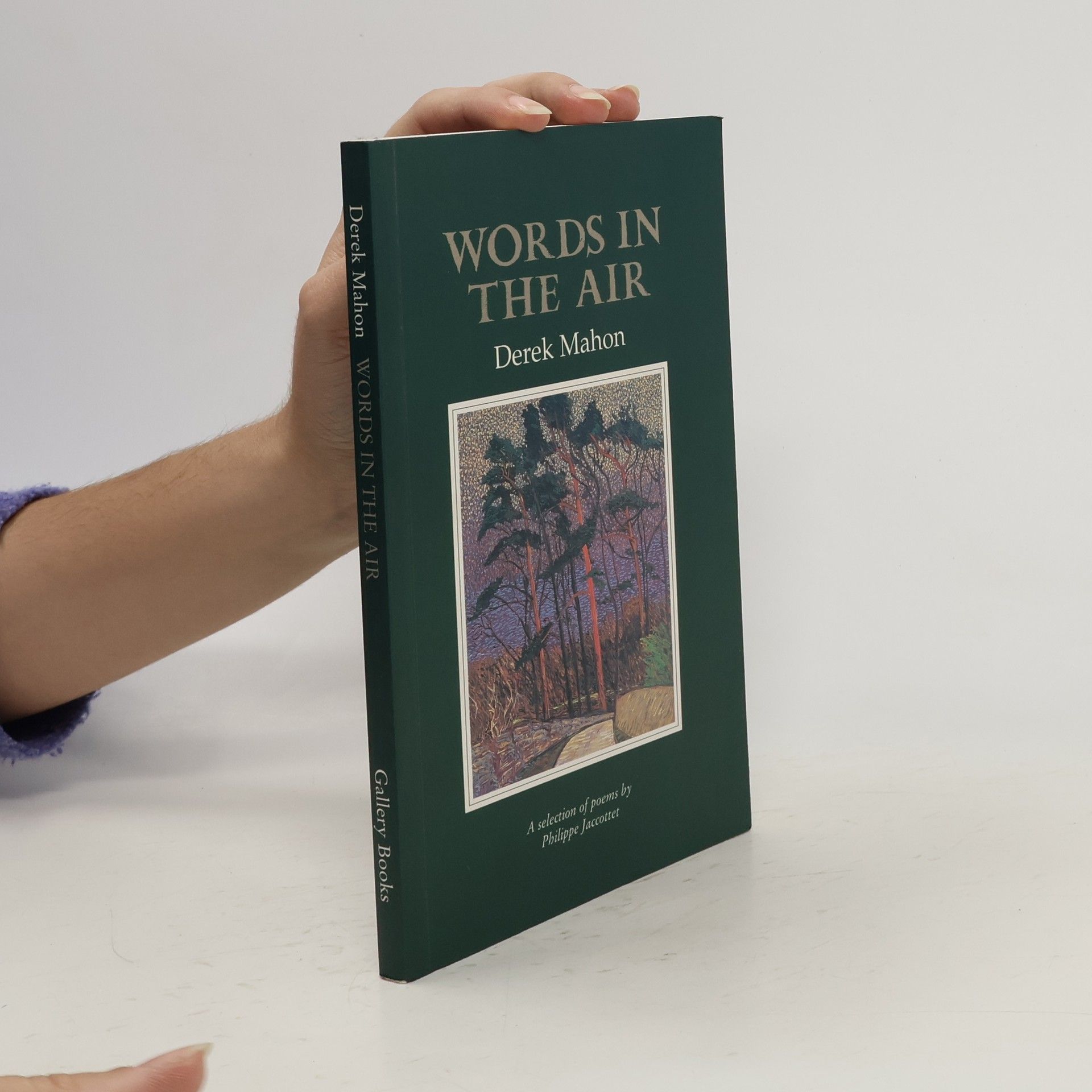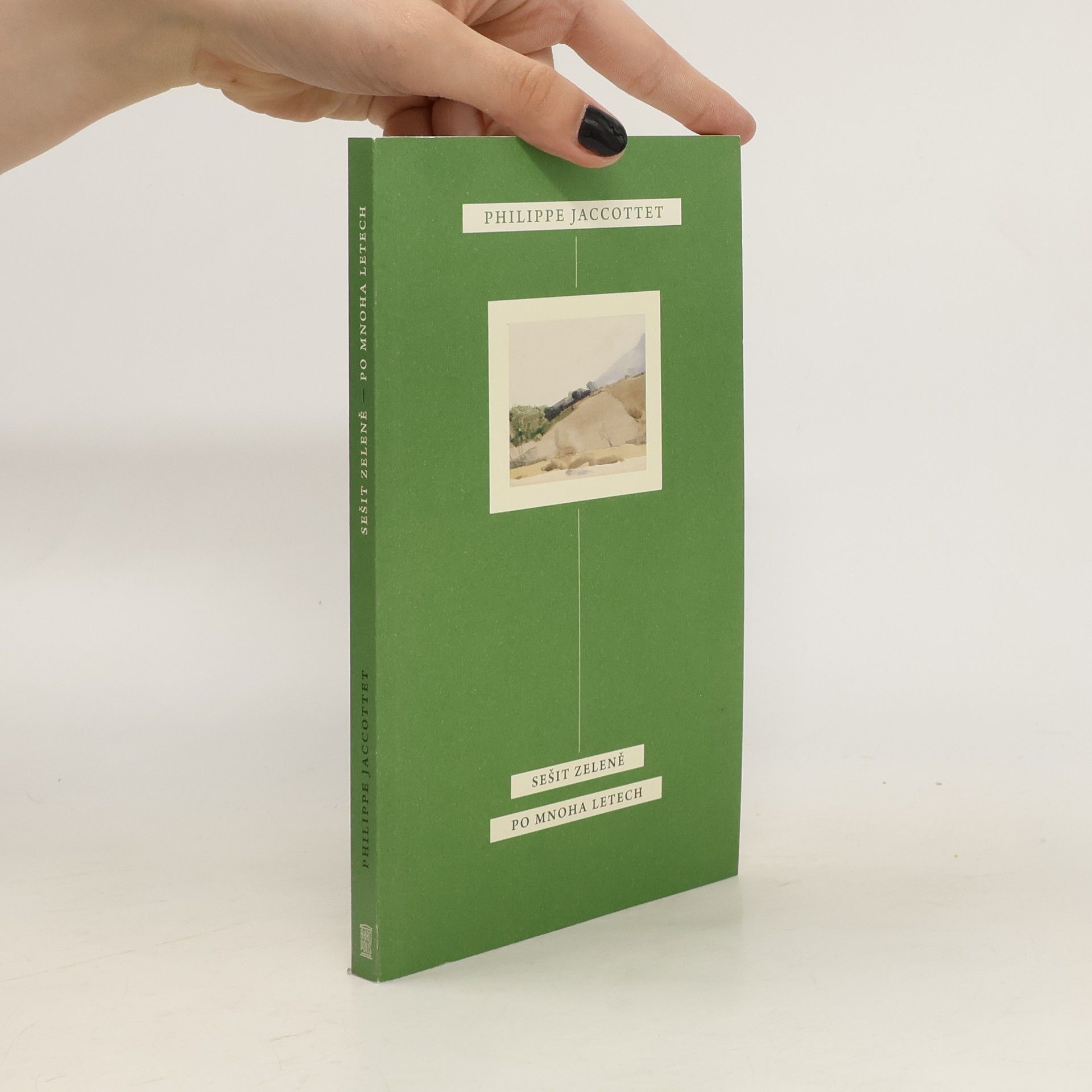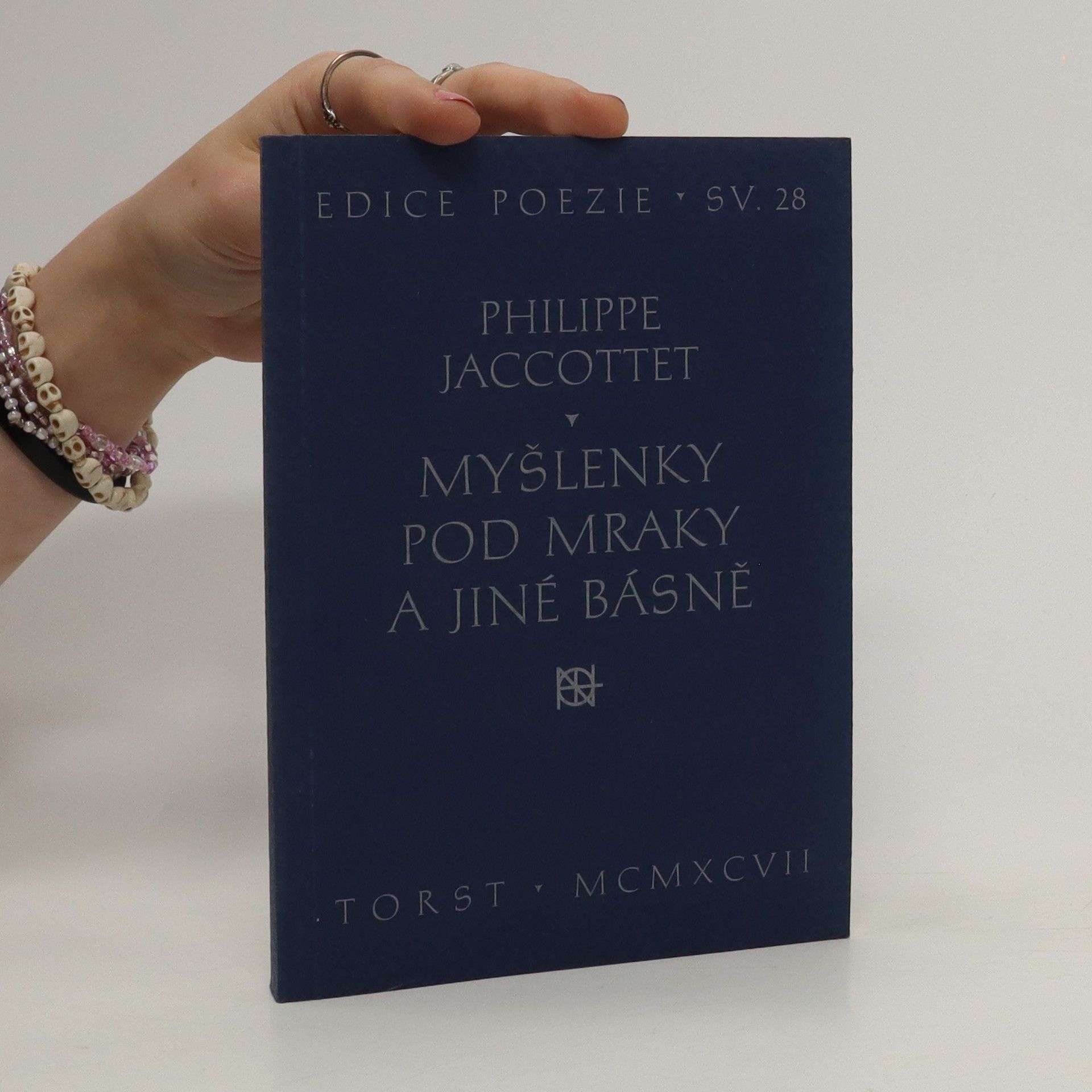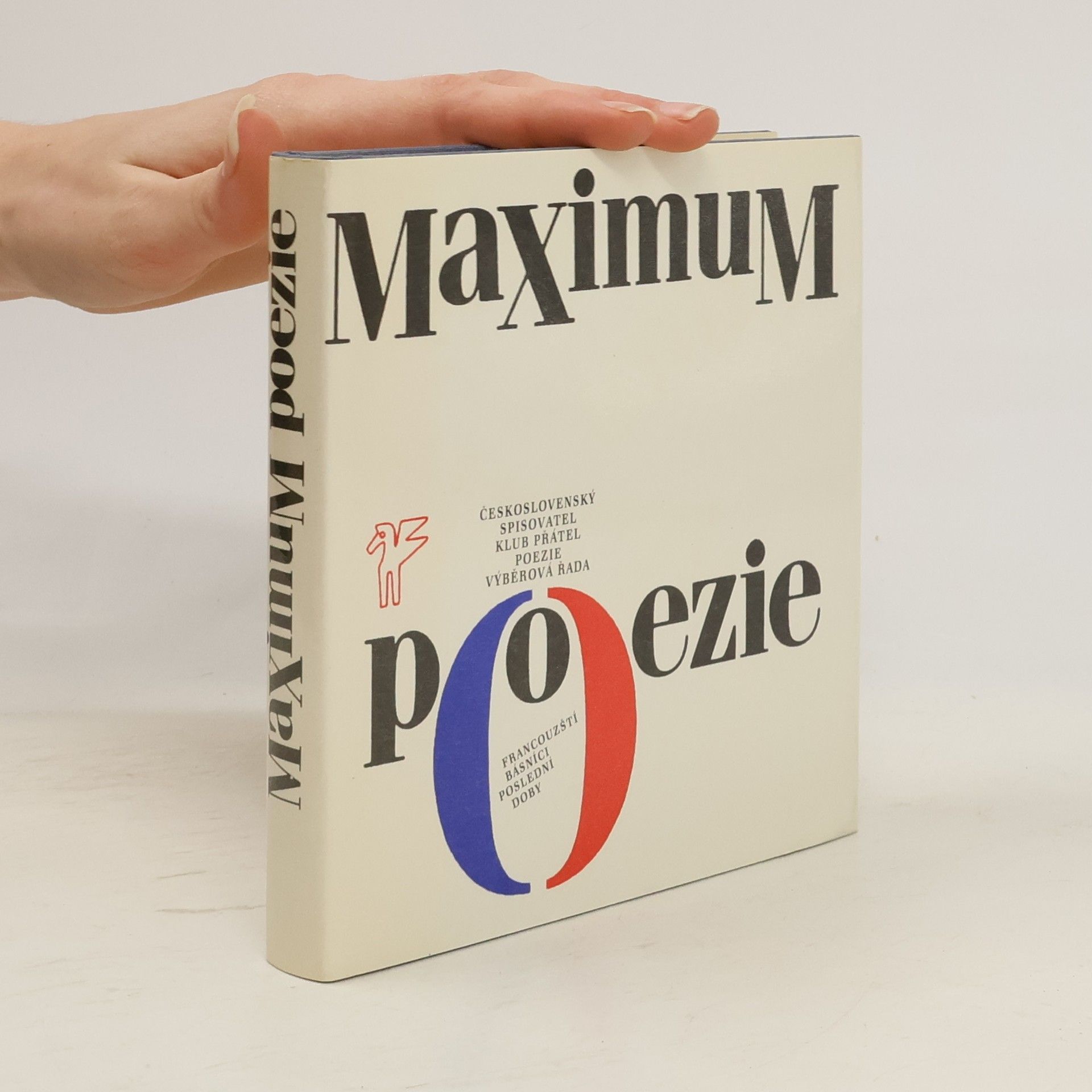Maximum poezie. Francouzští básnící poslední doby
- 256 stránek
- 9 hodin čtení
Francouzští básníci poslední doby Jaká je dnešní francouzská poezie? Bezpochyby formálně a názorové bohatá. Má také různou myšlenkovou inspiraci: surrealistickou, existencialistickou i křesťanskou. Českému čtenáři, vedenému k zemitosti a lidovosti, se však může zdát abstraktní a spekulativní... Má blízko k próze, a to poetické zůstává v maximálně účinném obraze, v hudbě a volbě slov a v rytmu věty. Ve Francii se klade větší důraz na jazykovou stránku poezie. V naší znalosti francouzské poezie vznikla mezera a tu bylo třeba zaplnit. Antologie obsahuje ukázky z tvorby 14 současných francouzských básníků. Svazek seznamuje čtenáře jednak s předchůdci dnešní francouzské poezie (Char, Ponge, Michaux), dále s básníky narozenými ve 20. letech i se současnými nadějnými autory. Editor Aleš Pohorský. Kniha je doplněna fotografiemi Paříže od Barbary Huckové.





